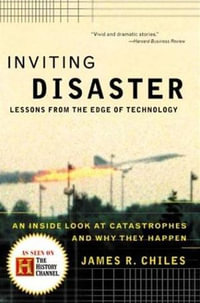
eTEXT
Advanced Experimental and Numerical Techniques for Cavitation Erosion Prediction
By: Ki-Han Kim (Editor), Georges Chahine (Editor), Jean-Pierre Franc (Editor), Ayat Karimi (Editor)
eText | 8 July 2014
At a Glance
eText
$159.01
or
Instant online reading in your Booktopia eTextbook Library *
Read online on
Desktop
Tablet
Mobile
Not downloadable to your eReader or an app
Why choose an eTextbook?
Instant Access *
Purchase and read your book immediately
Read Aloud
Listen and follow along as Bookshelf reads to you
Study Tools
Built-in study tools like highlights and more
* eTextbooks are not downloadable to your eReader or an app and can be accessed via web browsers only. You must be connected to the internet and have no technical issues with your device or browser that could prevent the eTextbook from operating.
ISBN: 9789401785396
ISBN-10: 9401785392
Series: Fluid Mechanics and Its Applications : Book 106
Published: 8th July 2014
Format: ePUB
Language: English
Publisher: Springer Nature
Volume Number: 106
You Can Find This eBook In
This product is categorised by
- Non-FictionEngineering & TechnologyMechanical Engineering & MaterialsMaterials ScienceMechanics of Fluids
- Non-FictionSciencePhysicsClassical MathematicsFluid Mechanics
- Non-FictionEngineering & TechnologyMechanical Engineering & MaterialsMechanical EngineeringTribology including Friction & Lubrication
- Non-FictionScienceChemistryInorganic Chemistry
- Non-FictionSciencePhysicsThermodynamics & Heat
- Non-FictionEngineering & TechnologyIndustrial Chemistry & Manufacturing TechnologiesIndustrial ChemistrySurface-Coating Technology























